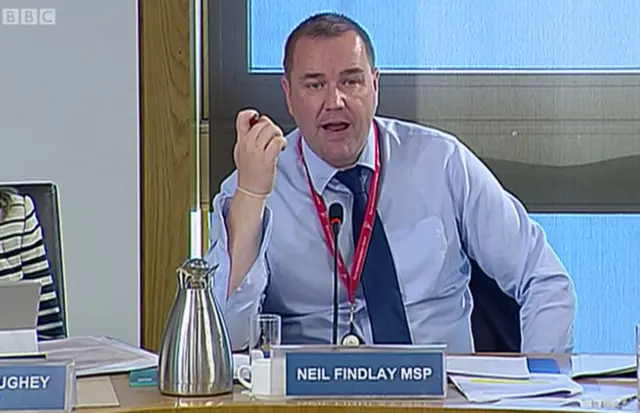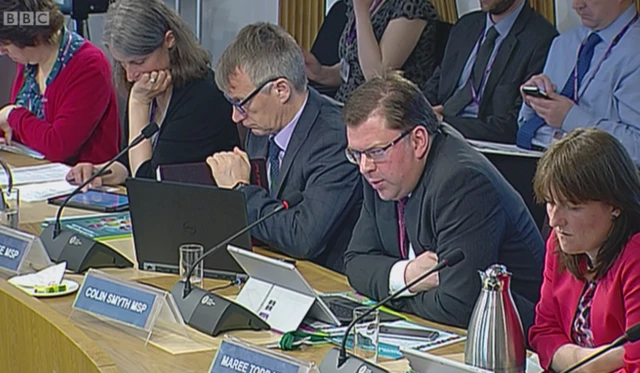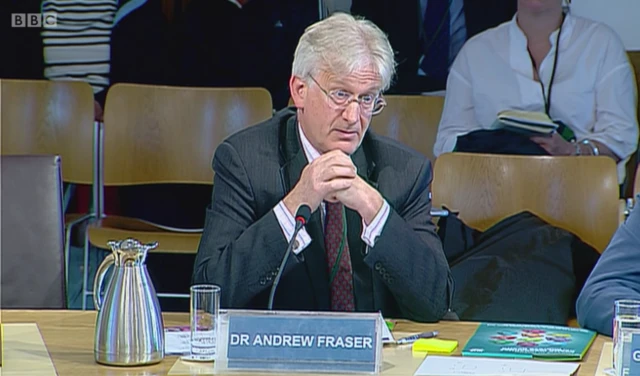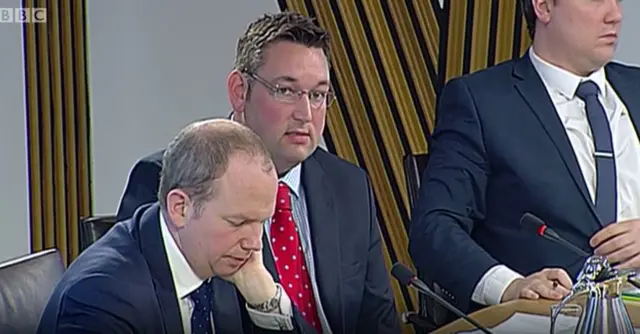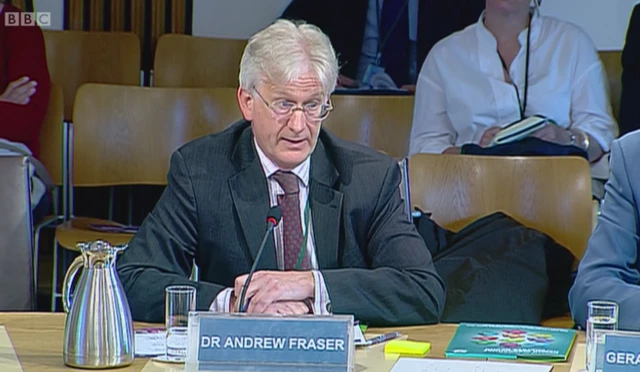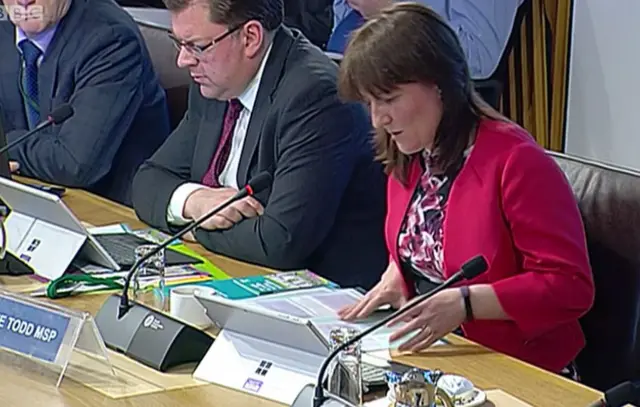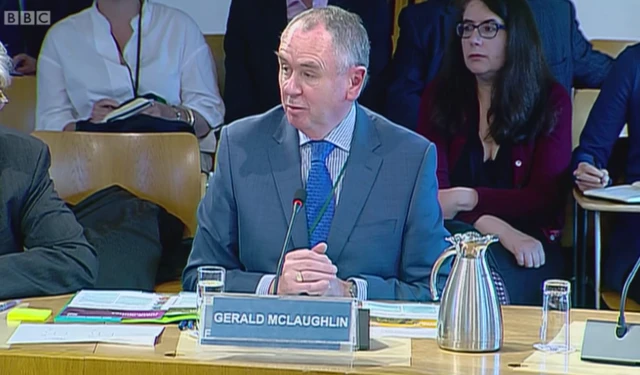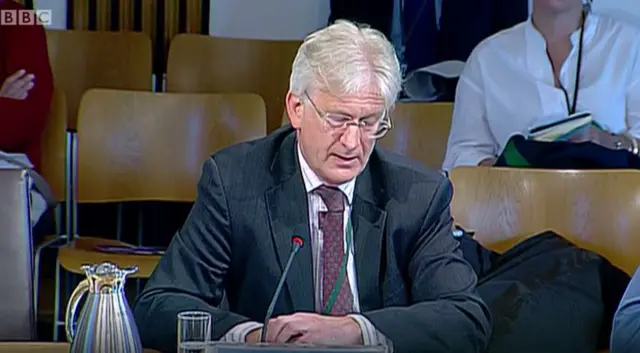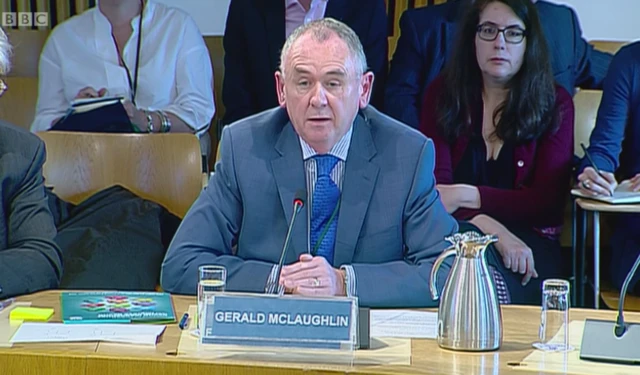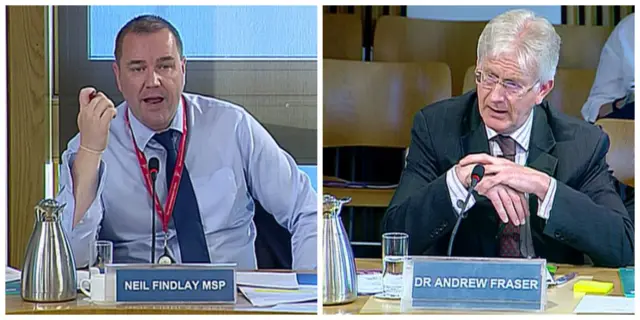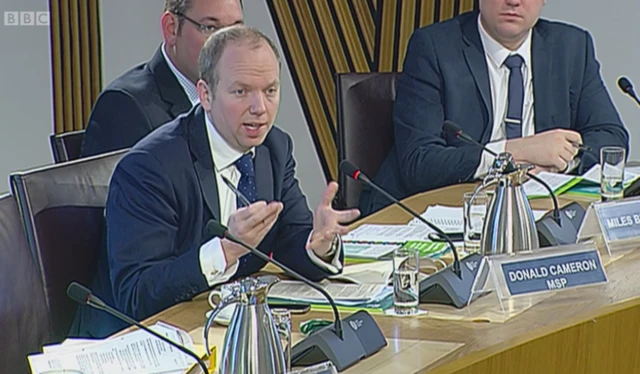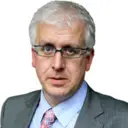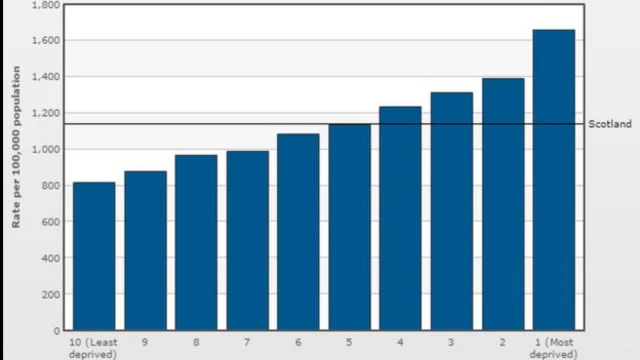Background: 'Unpopular' steps needed to cut obesitypublished at 11:01 British Summer Time 16 May 2017
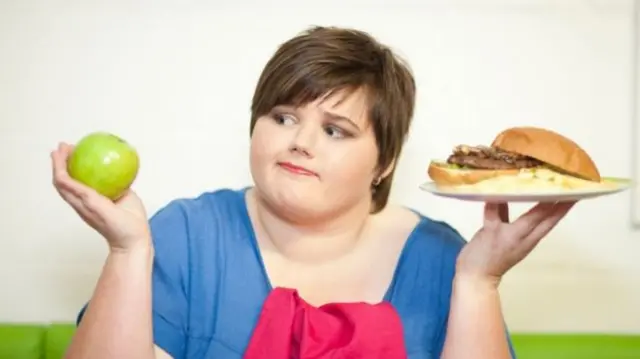 Image source, Science Photo Library
Image source, Science Photo LibraryThe committee said unhealthy food was too easily available and too heavily promoted in Scotland
Scotland may need to introduce unpopular policies as part of a bold approach to tackling the country's obesity problem, according to MSPs.
In January, Holyrood's health committee said measures such as restricting cars in towns and increasing parking charges would be politically unpopular.
But they said the policies could also encourage people to be more active.
Almost two thirds (65%) of adults in Scotland were overweight in 2015, including 29% who were obese.
Meanwhile, 28% of children were at risk of becoming overweight, with 15% at risk of obesity.
